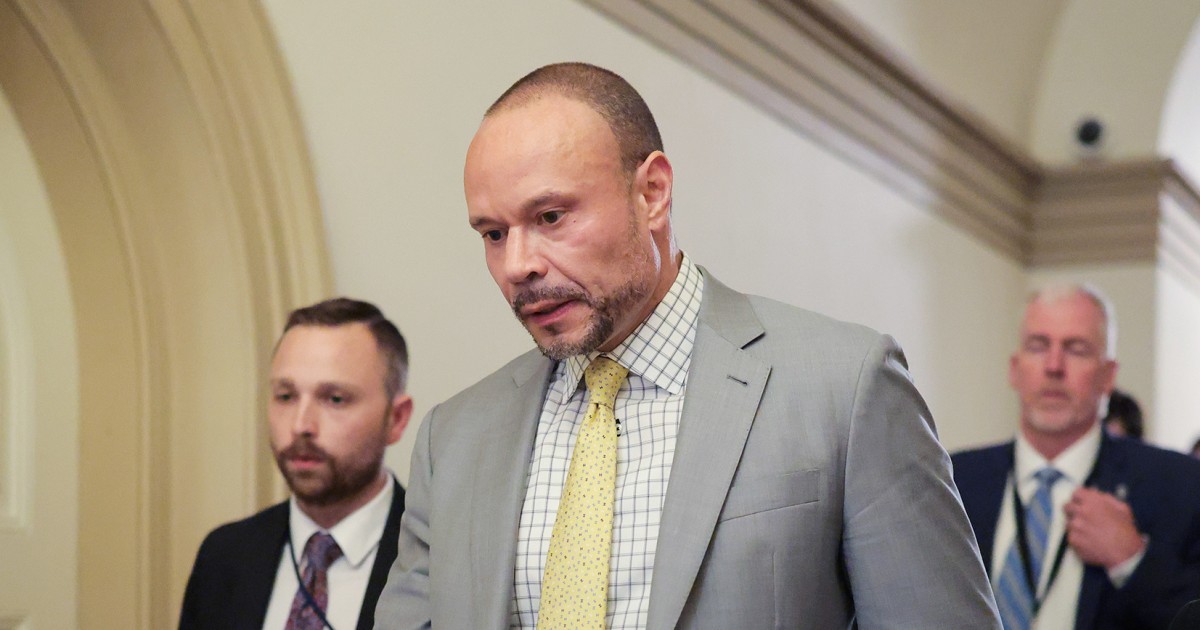Fired Justice Department Employee Throws Sandwich at Federal Agent

Introduction
In a surprising turn of events, a Justice Department employee has been fired after being charged with a felony for throwing a sandwich at a federal agent. This incident has sparked controversy and raised questions about the professionalism and conduct of government officials. Attorney General Pam Bondi took to social media to announce the employee's termination, adding to the growing conversation surrounding this incident.
Key Details
The employee, whose name has not been released, was reportedly involved in a heated argument with a federal law-enforcement official in Washington D.C. When the situation escalated, the employee threw a sandwich at the official, resulting in a felony charge. This incident has raised concerns about the level of conflict resolution and appropriate behavior among government employees. It also sheds light on the importance of maintaining a professional demeanor in all circumstances, especially for those in positions of authority.
Impact
The consequences of this incident go beyond the termination of the employee. It has brought attention to the need for proper conflict resolution training and guidelines for government employees. It also serves as a reminder of the responsibility and expectations that come with a job in the Justice Department. This incident may also have implications for the overall reputation and credibility of the department. It is crucial for the government to uphold high standards of conduct to maintain public trust and confidence.
About the Organizations Mentioned
Justice Department
The United States Department of Justice (DOJ) is the principal federal agency responsible for enforcing federal laws, ensuring public safety, and protecting civil rights. Headquartered in Washington, D.C., the DOJ operates under the leadership of the Attorney General, who serves as a key member of the President’s Cabinet. As of 2025, Pam Bondi holds this position, having taken office in February and quickly shaping the department’s priorities. Established in 1870 during President Ulysses S. Grant’s administration, the DOJ’s roots trace back to the creation of the Attorney General’s office in 1789. Over the years, it has grown into a vast organization with more than 115,000 employees and over 40 component agencies, including the Federal Bureau of Investigation (FBI), Drug Enforcement Administration (DEA), and U.S. Marshals Service. The DOJ also houses specialized divisions for criminal, civil, antitrust, tax, civil rights, and national security matters, and oversees 94 U.S. Attorney offices nationwide. The DOJ’s mission centers on upholding the rule of law, safeguarding national security, and defending civil liberties. In 2025, the department has shifted its enforcement focus, prioritizing areas such as healthcare fraud, customs and tariff evasion, and corporate misconduct, especially involving foreign adversaries and financial gatekeepers. Recent policy changes have emphasized efficiency in investigations and reduced reliance on corporate compliance monitors, reflecting a broader effort to minimize regulatory burdens on businesses. Notably, the DOJ has also been tasked with reviewing past government conduct to address concerns about the “weaponization” of federal agencies, ensuring accountability and restoring public trust. For business and technology leaders, the DOJ’s evolving priorities—particularly in areas like cybersecurity, antitrust, and international trade—have significant implications for compliance, risk management, and corporate governance.


















